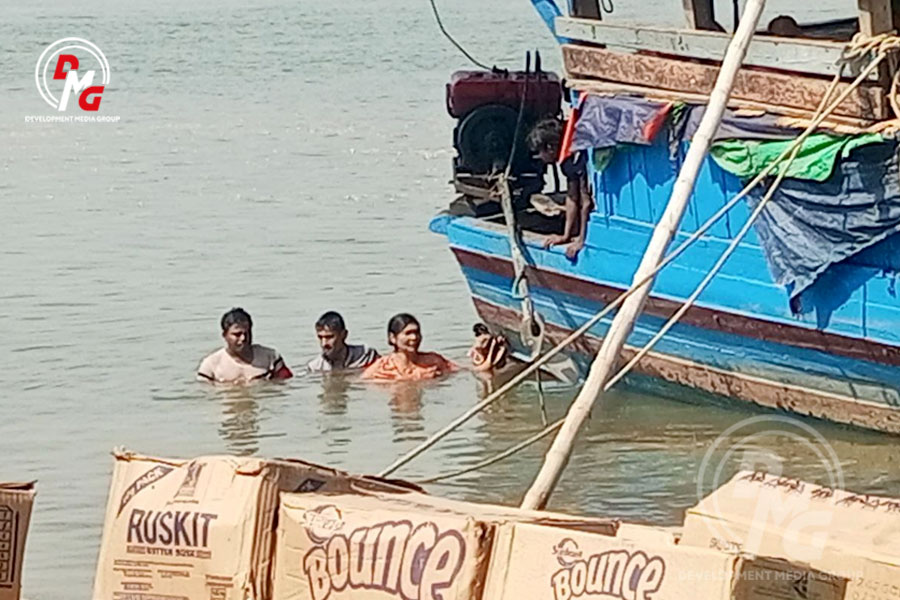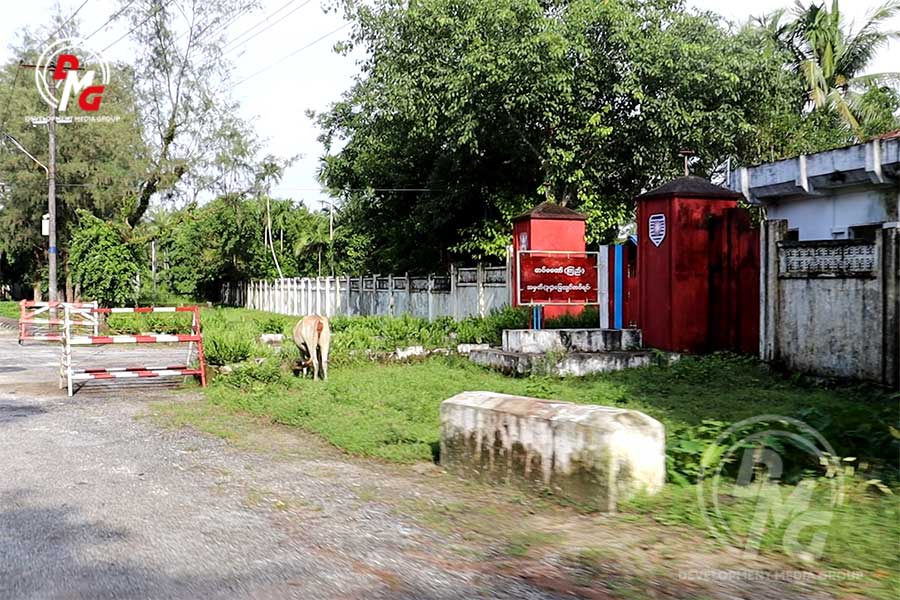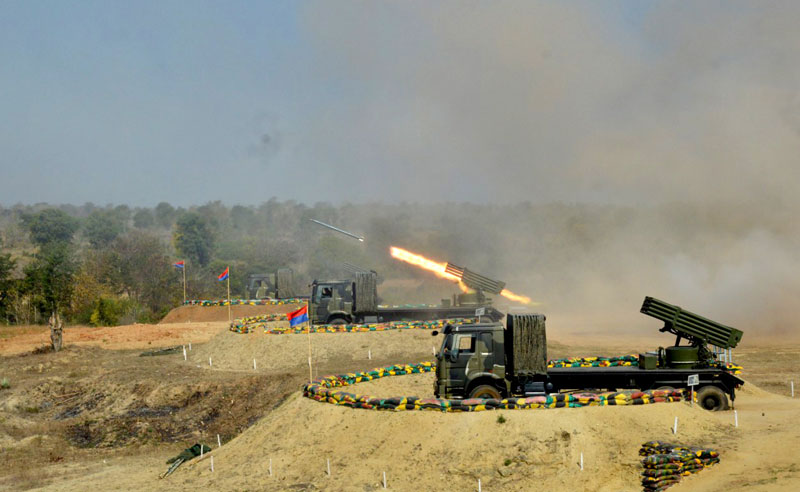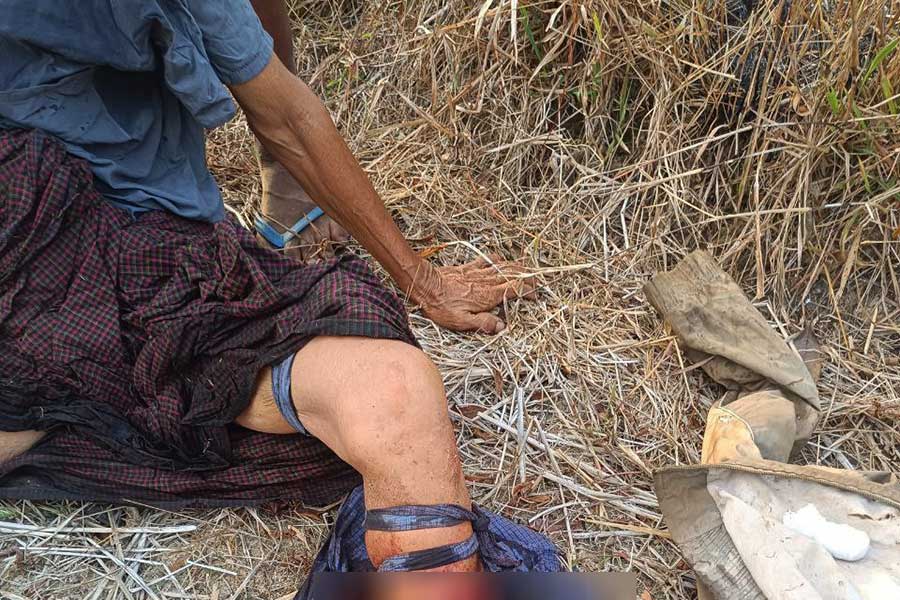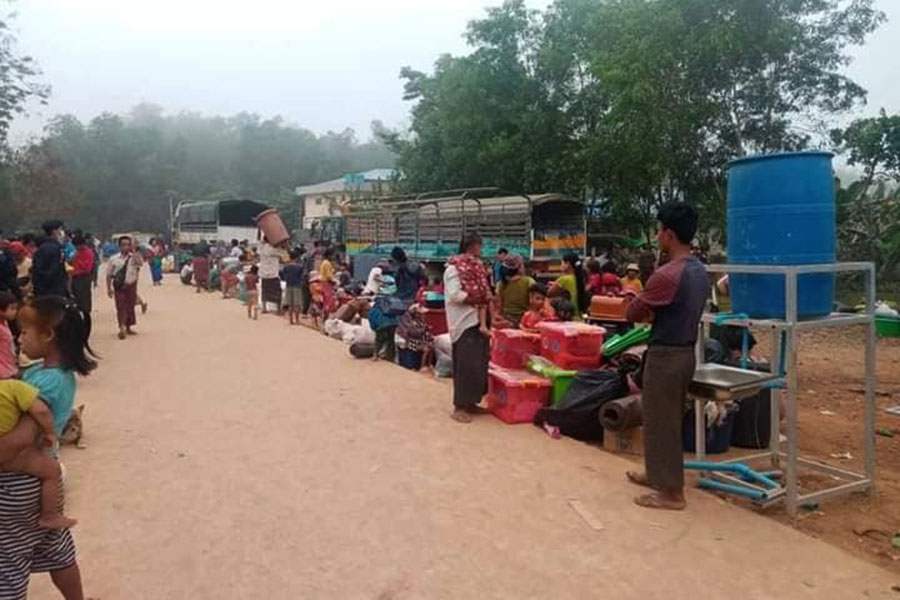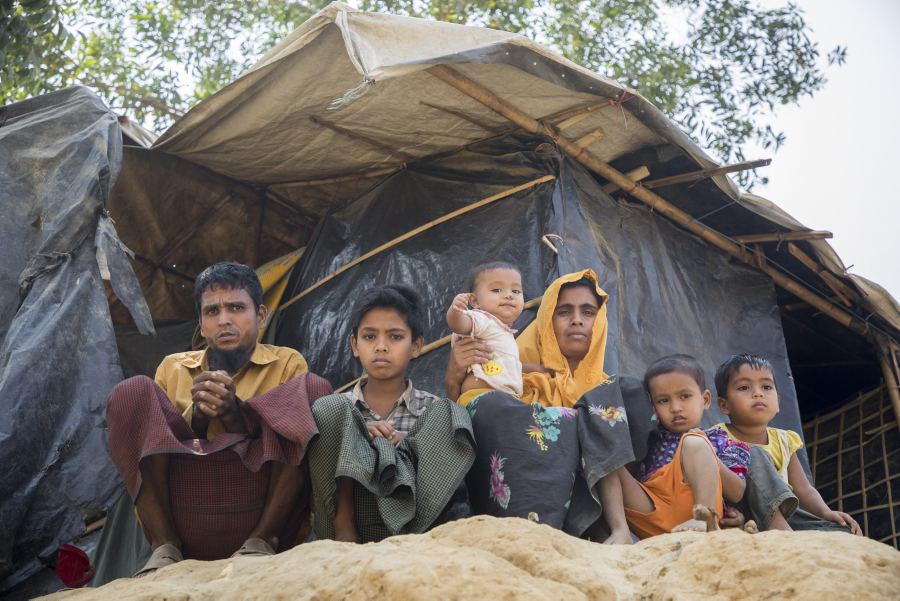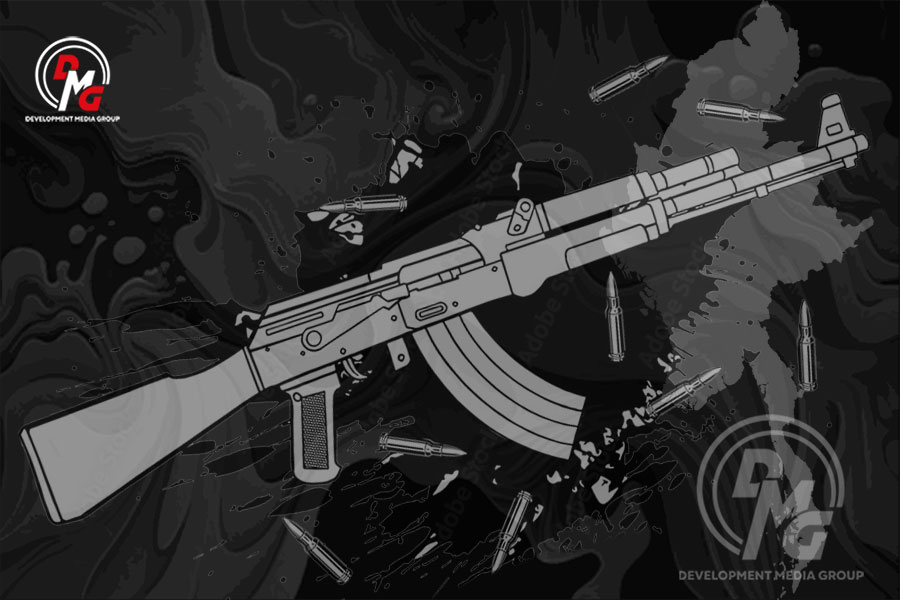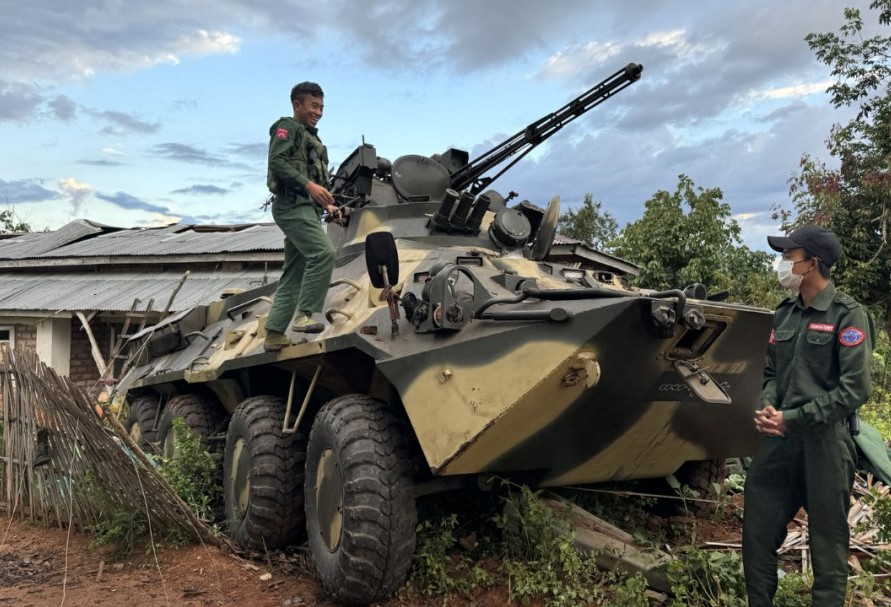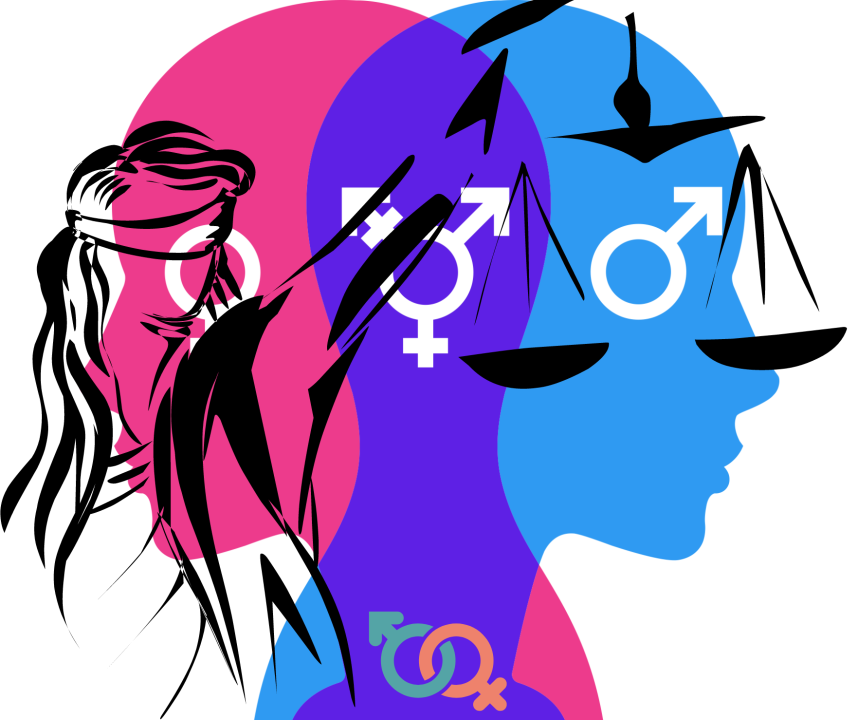- Regime shelling kills two civilians, injures another in two Arakan State townships
- Septuagenarian loses leg in landmine explosion in Kyaukphyu Twsp
- Muslim communities accuse regime of stoking racial strife
- Dozens of Muslims’ deaths blamed on diarrhoea in Sittwe Twsp
- Junta airstrikes rattle Mrauk-U Twsp village
Long-term assistance needed for landmine victims: Rakhine Ethnics Congress
Family members of those killed or injured in encounters with landmines and explosive remnants of war in Arakan State require additional assistance for rehabilitation, according to the Rakhine Ethnics Congress (REC).
21 Jul 2022
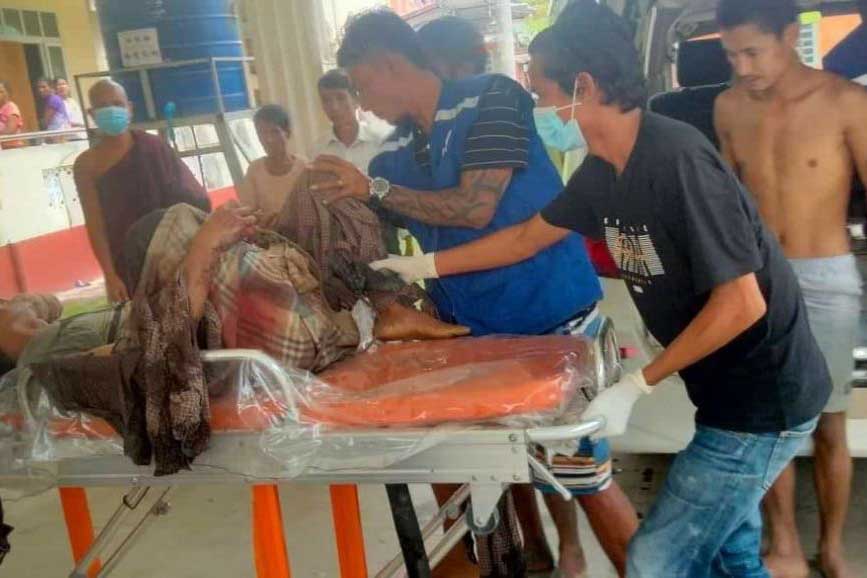
DMG Newsroom
21 July 2022, Sittwe
Family members of those killed or injured in encounters with landmines and explosive remnants of war in Arakan State require additional assistance for rehabilitation, according to the Rakhine Ethnics Congress (REC).
Though the International Committee of the Red Cross (ICRC) and some civil society organisations are providing aid for them, more help is needed, with a focus on rehabilitation, said REC Secretary Ko Zaw Zaw Htun.
“For the time being, those injured only receive assistance while they are receiving treatment in hospital. However, after they are discharged from the hospital, they barely receive any help for follow-up treatment and rehabilitation,” he said.
Daw Aye Mya from Nga Pyaw Chaung village, Kyauktaw Township, lost one of her legs in a landmine blast last month. Her daughter Ma Su Pone Chit said the family has received some help, but will have difficulties making a living in the long run.
“We are a two-member family, and my mother supports schooling. But now that this has happened to my mother, we have difficulties making a living, and I also am having difficulties continuing my studies,” she said.
The number of landmine casualties continues to rise in Arakan State, more than 20 months after the Myanmar military and Arakan Army reached an informal truce putting a halt to their two-year conflict in Arakan State. Since January, at least six people were killed and more than 20 others were injured in landmine blasts in the Arakan State townships of Kyauktaw, Myebon and Rathedaung, and Chin State’s Paletwa Township, according to data compiled by the REC.
Ko Aung Aung Oo, who lost one of his legs in a landmine blast in May, said he has not received any help from the military.
“I received free medical treatment at the hospital, and the ICRC said it would supply a prosthetic leg and a crutch. I also received some financial assistance from some organisations, but I didn’t get any help after I was discharged from the hospital,” he said.
Civilians harmed by landmines received government-sponsored assistance under the now-ousted National League for Democracy (NLD) government, said Ko Zaw Zaw Tun.
“If a government is taking responsibility for its people, it should provide assistance for civilians injured by landmines,” he told DMG. “They have become disabled. In fatal blasts, family members of victims have their livelihoods seriously affected. If a government really has people in mind, it should not ignore them, but help them as much as it can.”
Civil society organisations in Arakan State have called on the concerned armed organisations to cooperate in order to clear landmines in Arakan State.

